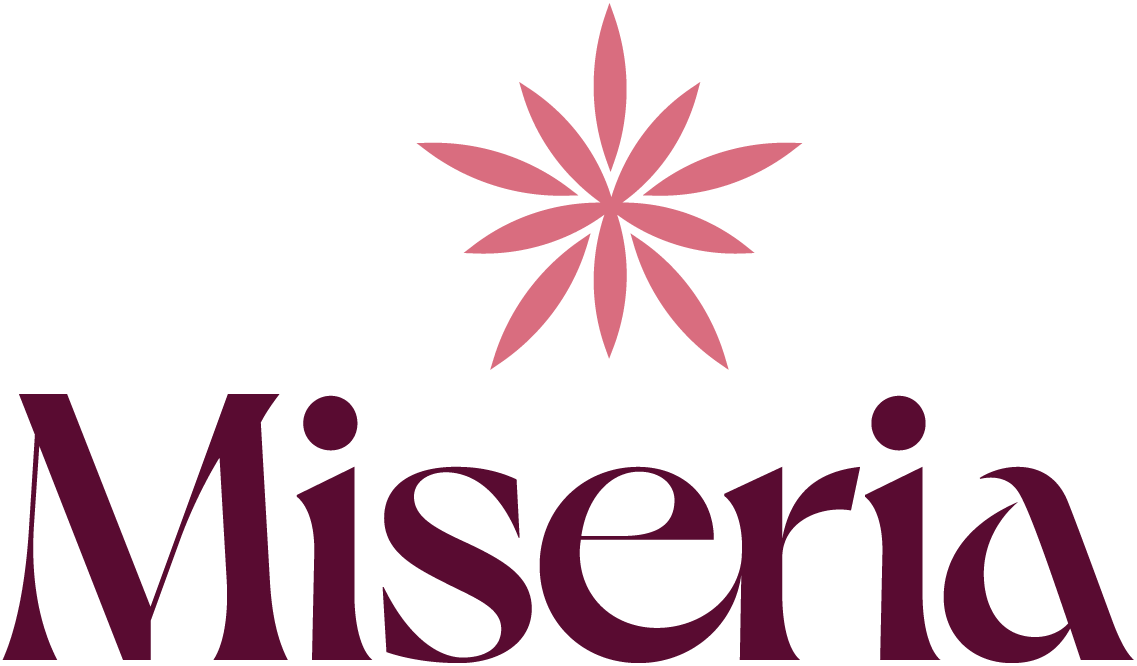Aligning Your Core Values with Your End-of-Life Wishes: A Path to Peace
Navigating the journey of life involves understanding and living by our core values. These values shape our decisions, actions, and interactions. As we approach the end of life, ensuring our core values align with our end-of-life wishes can provide a sense of peace and fulfillment. This alignment can make the transition smoother for ourselves and our loved ones. Here are some simple exercises to help you reflect on and align your core values with your end-of-life wishes.
Understanding Core Values
Core values are the fundamental beliefs that guide our behavior and decision-making. They are deeply ingrained principles that influence our attitudes and actions. Common core values include integrity, compassion, independence, family, and spirituality. Recognizing these values can help us make choices that are authentic and meaningful.
Exercise 1: Identifying Your Core Values
Before aligning your end-of-life wishes with your core values, it's important to identify what those values are. Here’s a simple exercise to get started:
Reflection: Take a few moments to reflect on the most important aspects of your life. Consider times when you felt most fulfilled and satisfied. What values were being honored during those moments?
List: Write down a list of 10-15 values that resonate with you. Examples might include love, honesty, peace, adventure, and service.
Prioritize: Narrow down the list to your top five core values. These should be the principles that you feel are essential to your identity and life purpose.
Exercise 2: Visioning Your End-of-Life Experience
Visualizing your end-of-life experience can help you understand how your core values can guide your wishes. This exercise involves imagining your ideal end-of-life scenario and noting what’s important to you.
Quiet Space: Find a quiet, comfortable space where you won’t be disturbed. Close your eyes and take a few deep breaths to center yourself.
Imagine: Picture yourself at the end of your life. What does your environment look like? Who is with you? What activities are you engaging in? How do you feel?
Document: Write down your vision in detail. Note the elements that align with your core values. For instance, if family is a core value, you might imagine being surrounded by loved ones. If independence is important, you might envision being able to make your own decisions about your care.
Exercise 3: Aligning Values with Wishes
Now that you have identified your core values and envisioned your ideal end-of-life experience, it’s time to align these values with specific end-of-life wishes. This exercise will help you articulate clear, value-based wishes.
Review: Review your top five core values and your end-of-life vision. How do these elements intersect?
Wishes: Write down specific end-of-life wishes that reflect your core values. For example:
If independence is a core value, you might specify a preference for home hospice care where you can maintain control over your environment.
If compassion is important, you might emphasize the need for palliative care that focuses on comfort and pain management.
If family is a key value, you might include a wish for regular visits and involvement from family members.
Communicate: Share your wishes with loved ones and healthcare providers. This ensures that your values are understood and respected by those who will support you during this time.
Exercise 4: Creating Advance Directives
Advance directives are legal documents that communicate your end-of-life wishes. They include a living will and a durable power of attorney for healthcare. Creating these documents ensures that your values guide your care, even if you’re unable to communicate your wishes.
Living Will: Outline the types of medical treatment you do and do not want, based on your core values. This might include decisions about resuscitation, mechanical ventilation, and artificial nutrition.
Durable Power of Attorney: Appoint someone you trust to make healthcare decisions on your behalf. Choose a person who understands your values and is committed to honoring your wishes.
Review and Update: Regularly review and update your advance directives to reflect any changes in your values or wishes.
Aligning your core values with your end-of-life wishes is a powerful way to ensure a dignified and meaningful transition. By reflecting on your values, envisioning your ideal end-of-life experience, and clearly articulating your wishes, you can create a plan that honors who you are and what you believe in. These exercises not only provide clarity and peace of mind for you but also guide your loved ones and caregivers in providing the compassionate and respectful care you deserve.
End-of-life planning is an act of self-love and love for those who will support you. It’s a profound way to live your values fully, right to the very end.
